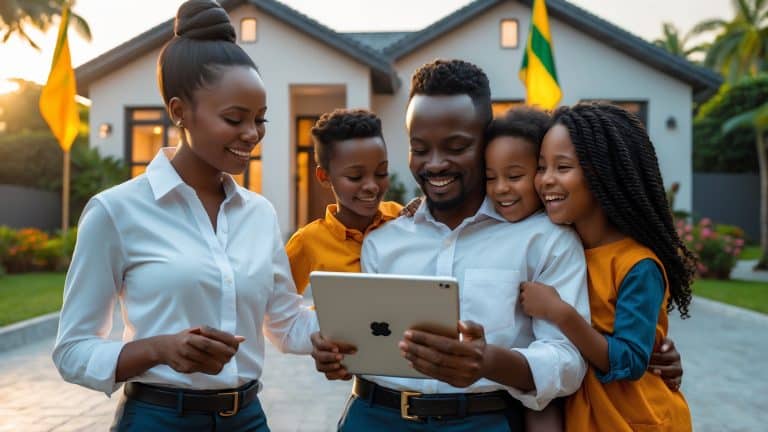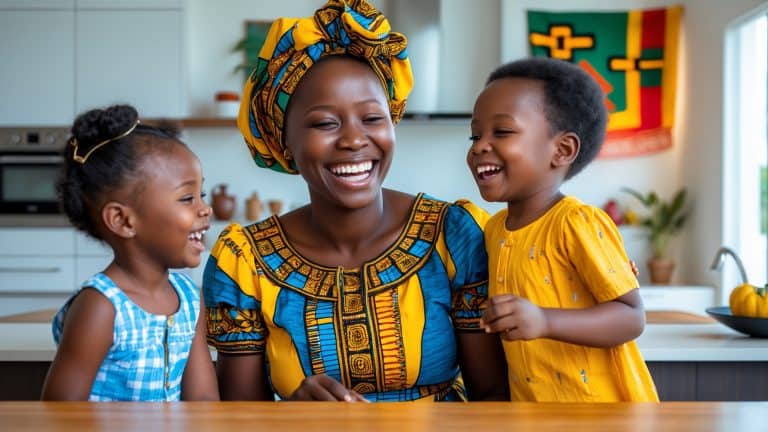This is a premium article written by one of our experts.
Check out

Invest in Listings Pro GH: Your Trusted Partner for Diaspora Relocation and Support
Investing in Listings Pro GH is more than acquiring a stake in a company; it’s an opportunity to become part of a transformative movement reshaping how the African diaspora navigates relocation to Ghana. This trusted…

Relocating to Ghana as an ECOWAS Citizen: A Guide for Digital Nomads
Relocating to Ghana as an ECOWAS citizen offers more than just a change in scenery—it opens the door to a thriving, forward-thinking hub for professionals, especially digital nomads. Ghana offers seamless transition opportunities for ECOWAS…

Live-In vs. Live-Out Househelp in Ghana: Make the Right Choice
By carefully assessing your family’s specific needs and priorities, you can confidently decide between live-in vs live-out househelp in Ghana. In the full article, we explore salary guidelines, practical hiring strategies, and tips for building a strong employer-staff relationship in Ghana.

Ghana Diaspora Relocation Services: What Sets Listings Pro GH Apart
The landscape of diaspora support in Ghana has transformed dramatically in recent years, particularly with the emergence of Ghana diaspora relocation services. As more organizations emerge to serve the growing community of diasporans relocating to…
To Holiday or Not to Holiday: Navigating the Holidays Abroad in Ghana
This is a premium article written by one of our experts. Upgrade to Navigator or Pathfinder read the full article

Dumsor Solutions for Restaurants: Cost-Effective Power Backup Strategies in Ghana
This is a premium article written by one of our experts. Upgrade to Navigator or Pathfinder read the full article